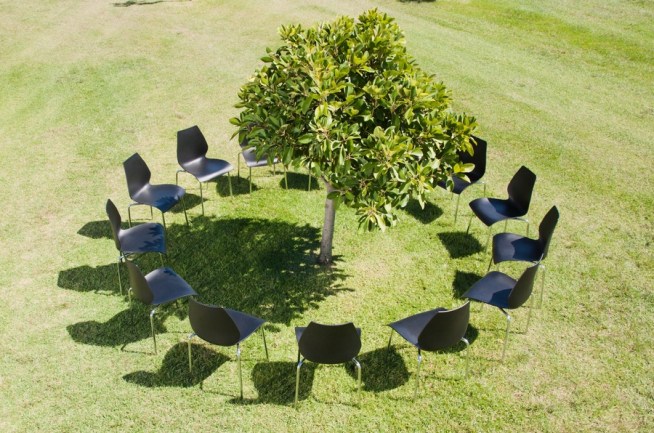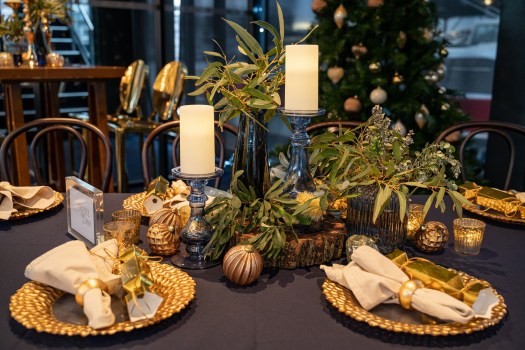
Going up
Sustainability as a non-negotiable
Environmental responsibility is no longer optional – it’s a fundamental requirement.
Events are adopting sustainable practices such as utilising reusable or compostable materials; prioritising locally sourced and seasonal food; minimising paper waste through digital solutions; and offsetting carbon emissions.
Attendees actively seek events that align with their eco-conscious values, making sustainability a key differentiator.
Nurturing attendees’ wellbeing
Events are proactively incorporating wellness activities such as yoga, mindfulness workshops, healthy food options and ergonomic furniture.
This reflects a broader societal emphasis on physical and mental health, recognising that attendees’ wellbeing enhances their experience.
Hyper-personalisation
The era of generic events is waning, and attendees expect tailored experiences that resonate with individual preferences.
This trend is fuelled by advances in data collection and analysis, enabling the delivery of personalised event apps, interactive polls and quizzes, customised itineraries and unique gifts.
Hybrid events
The COVID-19 pandemic accelerated the adoption of hybrid events, seamlessly merging in-person and virtual components. This format offers flexibility and accessibility, catering to diverse audiences and geographical locations.
As technology evolves, hybrid events are expected to become even more sophisticated and integrated.
Going down
Over-the-top decor
Extravagant and excessive decor is receding.
The trend is towards minimalist, sustainable and functional design. Think natural materials, repurposed elements and streamlined layouts that create an aesthetically pleasing yet purposeful environment that enhances the event’s objectives.
Passive entertainment
Gone are the days of passive observation.
Attendees crave immersive and participatory experiences. This translates into interactive installations, gamification elements, live music with opportunities for audience participation, and hands-on workshops that foster skill development and connection.
Traditional catering
Formal, sit-down dinners are yielding to experiential dining – interactive and engaging food experiences.
Food trucks, pop-up kitchens, live cooking demonstrations and grazing tables offering diverse and customisable options are gaining popularity.
The emphasis is on fresh, locally sourced ingredients and memorable culinary options.
Generic activations
Brand activations must be relevant to the target audience and event theme.
Cookie-cutter experiences are no longer effective. The focus is on creating immersive activations that provide genuine value, leave a lasting impression on attendees and foster authentic connections.





